2021: The Continued Momentum Of E-Commerce And The Online Marketplace
Metropolitan Nights
By PAGE Editor
The fashion industry has witnessed a giant leap in e-commerce growth, with 2020 online sales overshooting forecasts by six years, according to the Business of Fashion [source]. But although digital has provided a silver lining for some brands, diversifying the channel mix through which customers purchase online remains a challenge for many.
Metropolitan Nights
The initial stages of most customer journeys, from awareness to consideration, now take place in the digital realm [source]. And yet, offering customers a single-brand e-commerce site is not enough to remain competitive. This has paved the way for a new wave of online marketplaces including Farfetch, Lyst and VISORE X – all platforms offering fashion houses a way to diversify their sales channels.
The question, however, is how effectively brands will respond to rising consumer demand for unique e-commerce experiences and how this will affect purchasing decisions. In 2020, we saw Balenciaga capture the attention of digital natives through its branded videogame, while Dior unveiled a collection on live-streaming platform Twitch and Burberry integrated social media with physical stores in Shenzhen.
Half Reality
With pandemic restrictions further gluing Gen Zs and Millennials to their phones, even Instagram decided to follow the Chinese market and place its bets on social commerce by allowing in-app purchases. But for many shoppers, particularly luxury consumers, Instagram Shopping just doesn't cut it.
As Carina Hopper, Lecturer at ESMOD Fashion Business Paris, explains: “With social media turning into a pool of personalized advertisements, the ‘editorial’ factor is becoming scarce. It is advisable for brands to diversify their sales channels and seek out content-centered online marketplaces”.
Choose Your Fighter
Before the pandemic, many luxury brands were still second-guessing the need to shift resources and efforts to appeal to new and younger customers. Others, however, including Burberry, Balmain, Gucci and Stella McCartney, were already leading the way to online marketplaces to diversify the digital purchasing journey.
COVID-19 has also been a “future-readiness” accelerator for many new fashion tech companies. As the fashion industry transitions to recovery mode, fashion tech companies are thriving. With offers like The Fabricant’s 3D virtual garments,
Shaking up the Attitude
Arianee’s blockchain-based digital certifications and VISORE X’s platform, fashion tech companies are positioning themselves “magazine-meets-marketplace” ahead of the curve. In 2021, we will see brands relying even more on fashion tech to bring innovation and competitive advantage to the digital purchasing experience of their customers. The new year will see luxury brands heading even further into the new normal of fashion tech.
Featured


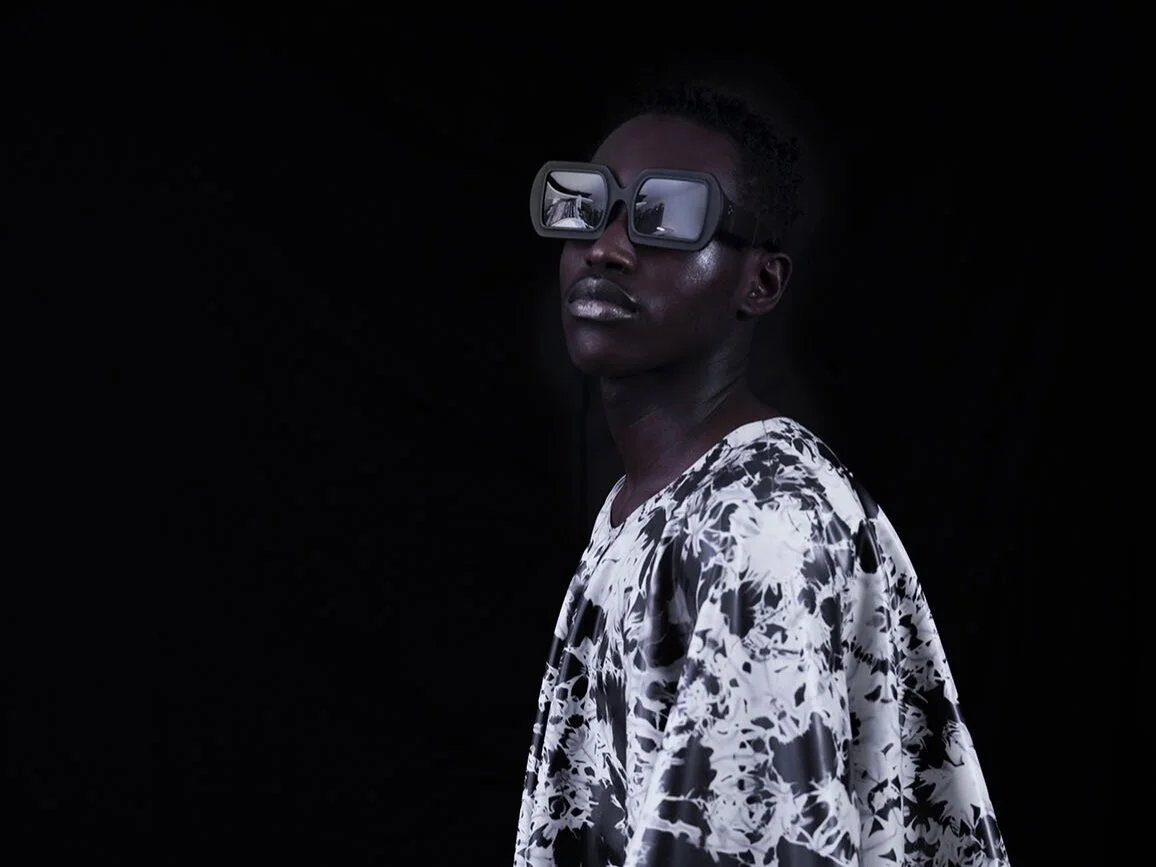
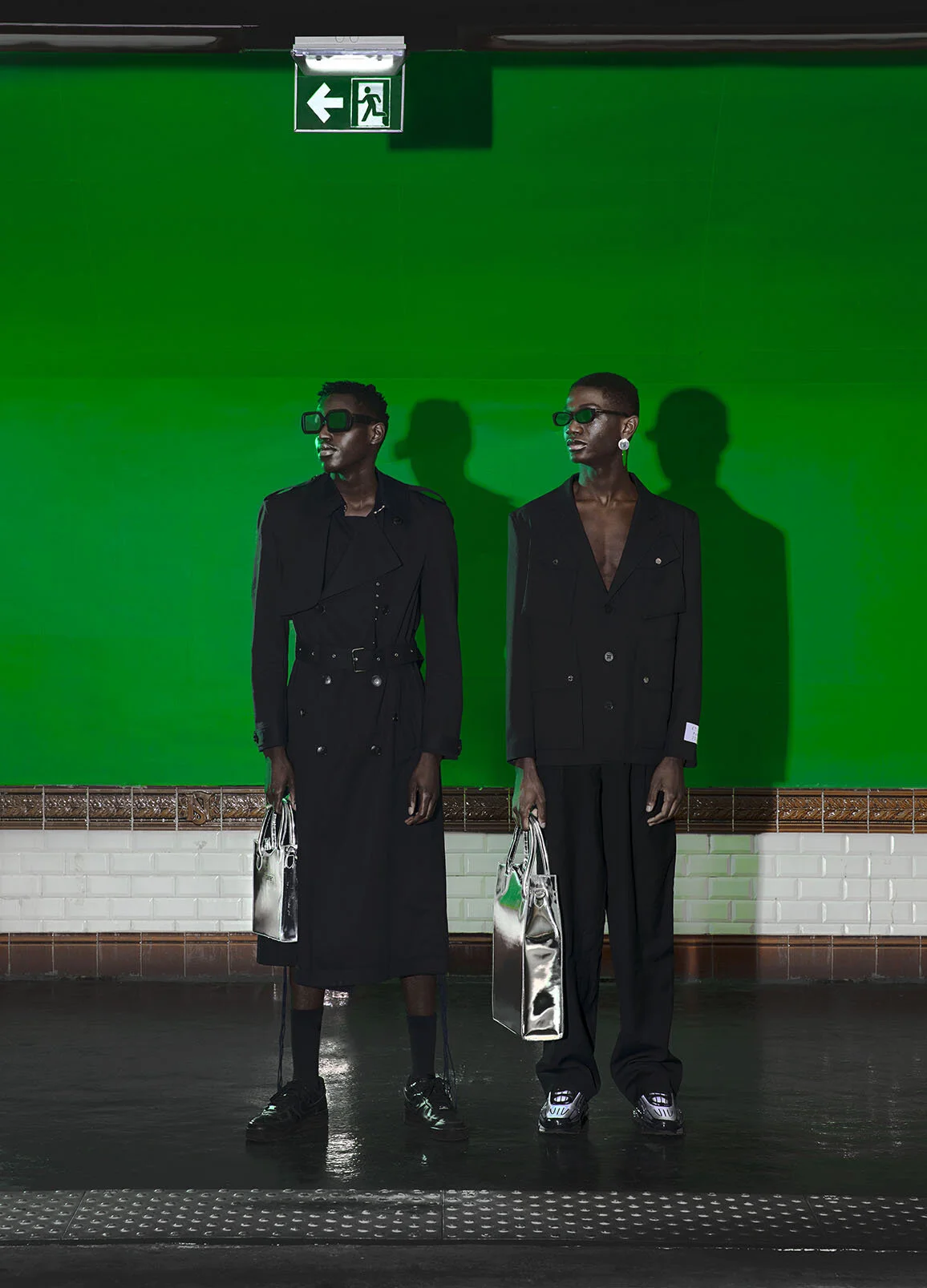
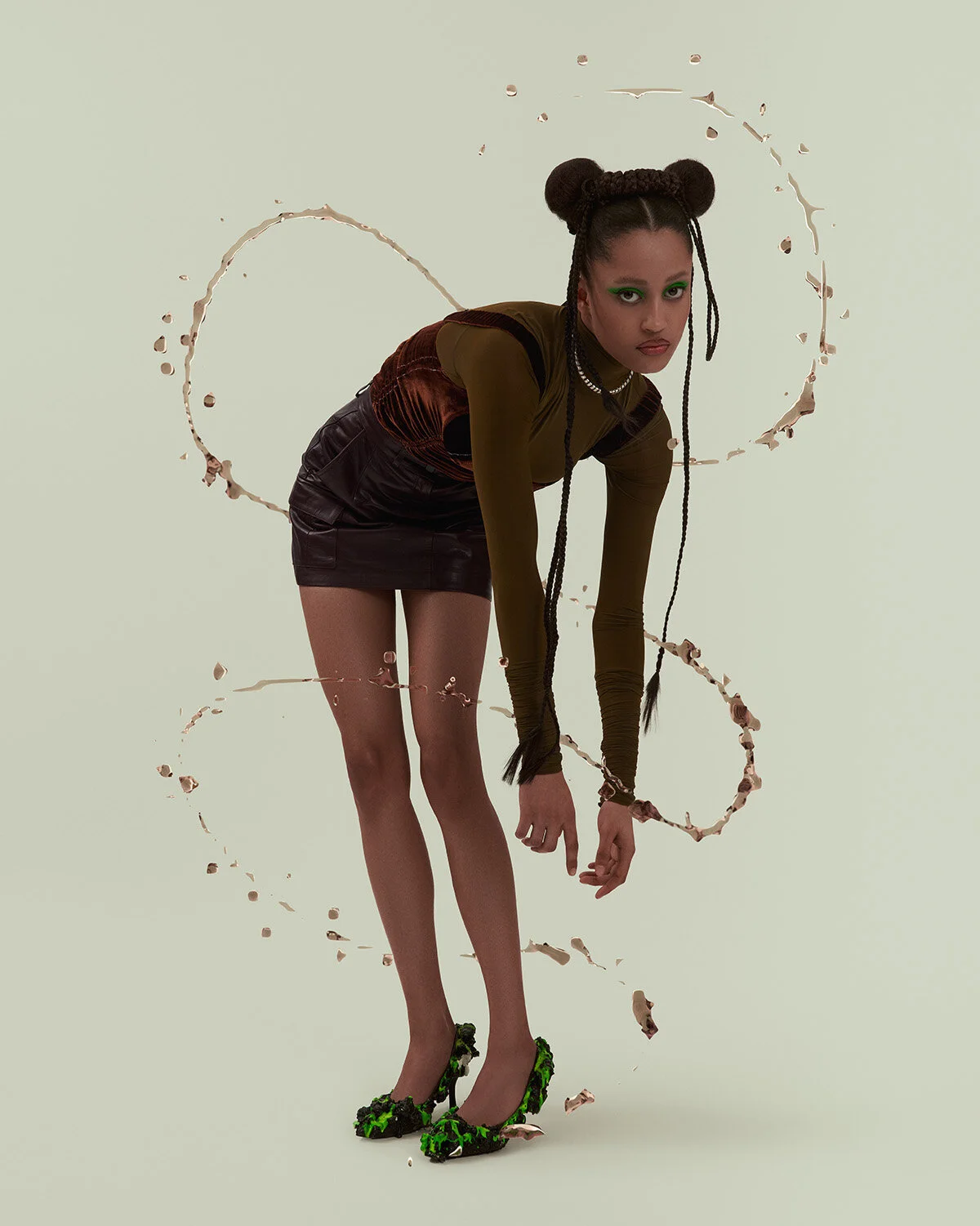
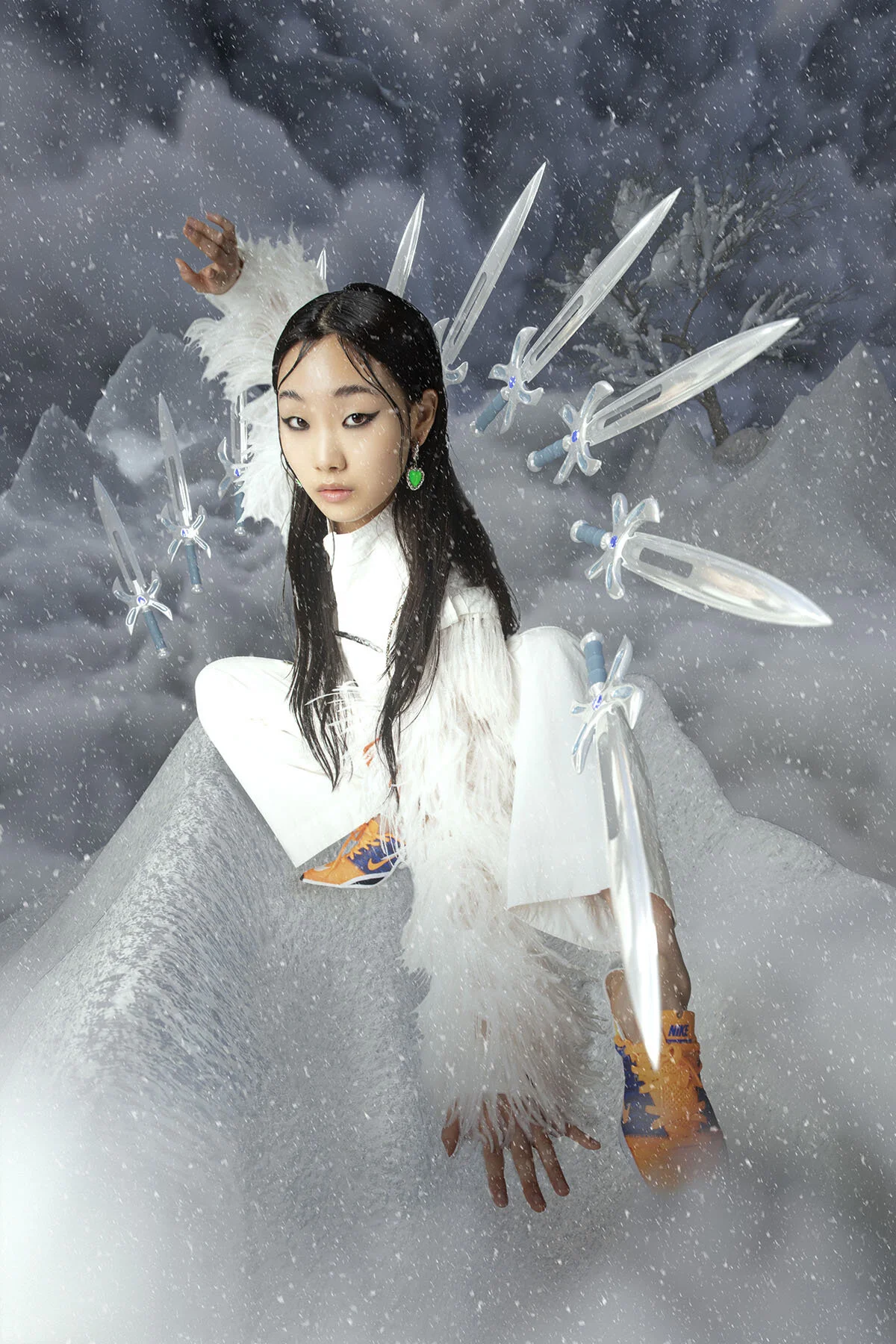



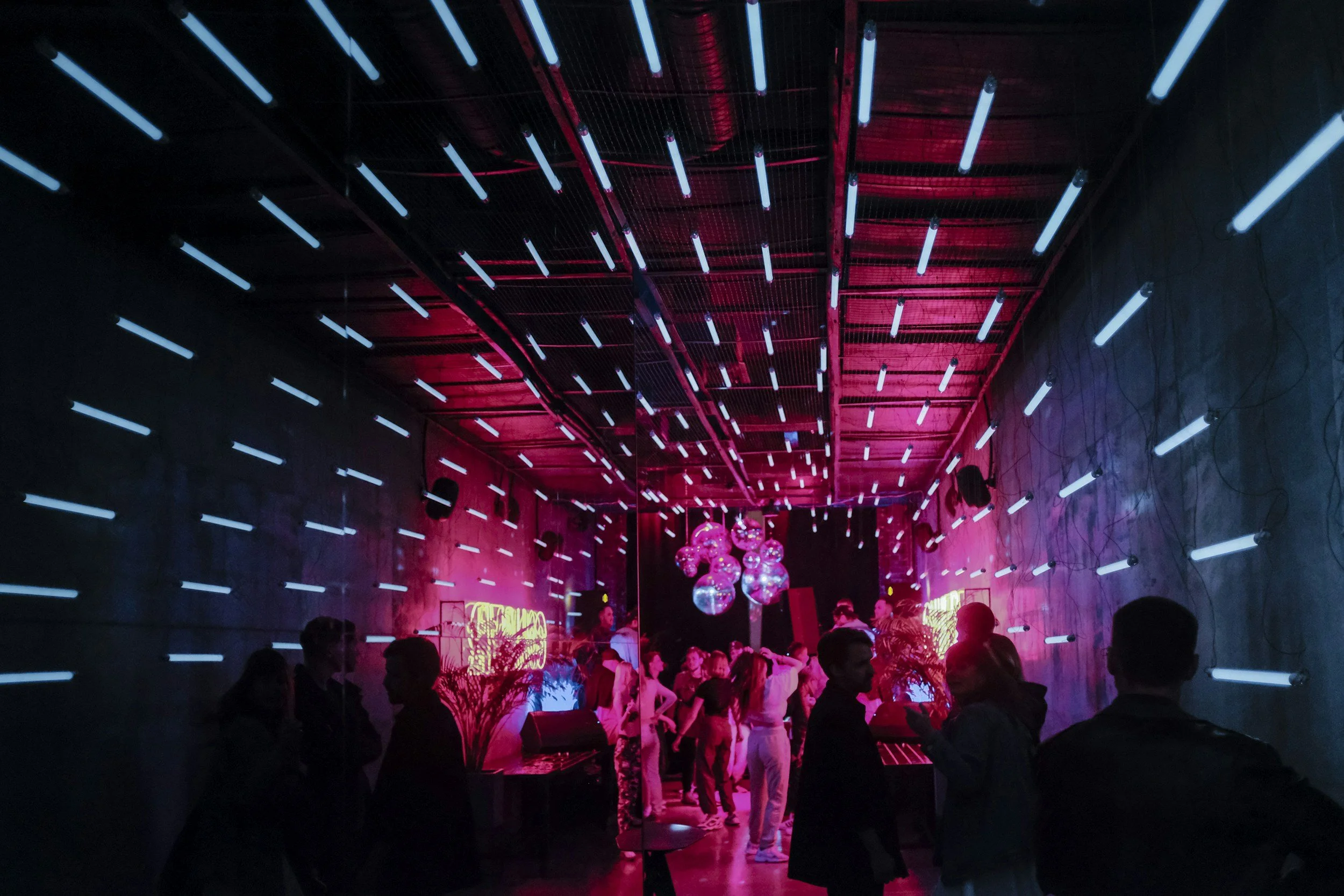


Water management plays an essential role in maintaining the safety and stability of a home.